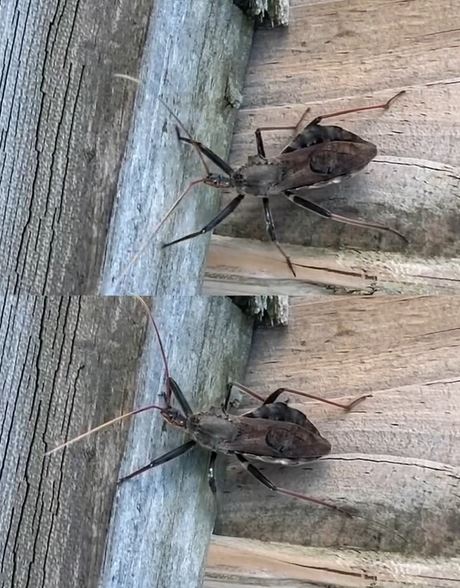As we prioritize our wellness this summer, our focus often lands on sun protection and hydration. However, a lesser-known health concern linked to an insect called the kissing bug deserves a place in our awareness. The kissing bug, or Triatomine bug, is more than just a nuisance; it’s a potential vector for a parasitic infection known as Chagas disease. The bug’s habit of biting people on the face during sleep leads to its deceptively friendly name, but the consequences can be anything but. The parasite it may carry can enter the bloodstream, initiating a slow-moving illness that can damage the heart and digestive system years or even decades after the initial bite.
The environments where these bugs thrive are often closer than we think. They are most commonly found in the southern half of the United States, but their range is shifting. They are masters of concealment, hiding in cracks in walls, under cement, in woodpiles, and in chicken coops or dog kennels. Our pets can inadvertently bring these insects into our living spaces, increasing the risk of exposure for the entire household. Recognizing that these pests can lurk in the nooks and crannies of our own properties is the first step in a proactive health strategy.
Preventing contact with kissing bugs is a powerful form of preventative healthcare. You can significantly reduce risk by fortifying your home environment. Seal any entry points, such as gaps around utility lines, windows, and doors. Maintain tidy yards free of debris piles and store firewood well away from your house. For those with pets, elevating and regularly cleaning their outdoor beds can help, as can keeping them indoors at night. These actions are not about fostering anxiety, but about empowering yourself with practical measures to protect your long-term health.
Understanding the potential health response is critical. The acute phase of Chagas disease, shortly after the bite, may cause mild, flu-like symptoms such as fever, fatigue, or swelling at the infection site, which can easily be mistaken for other common illnesses. The true challenge is that the chronic phase can be asymptomatic for years, allowing undetected damage to occur. This is why awareness is so vital. If you live in an area with kissing bugs and experience unexplained symptoms, especially following a noticeable bite, discussing the possibility of Chagas disease with your doctor can lead to early testing and intervention. Protecting your health means being informed about all of summer’s hidden risks.


